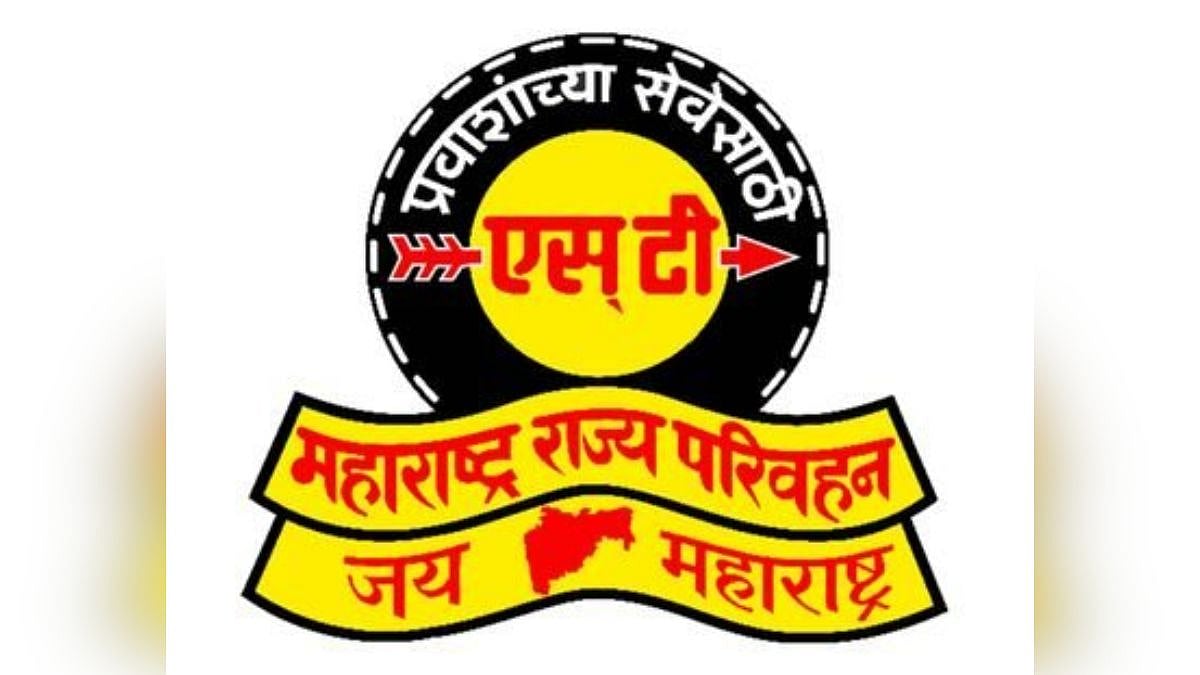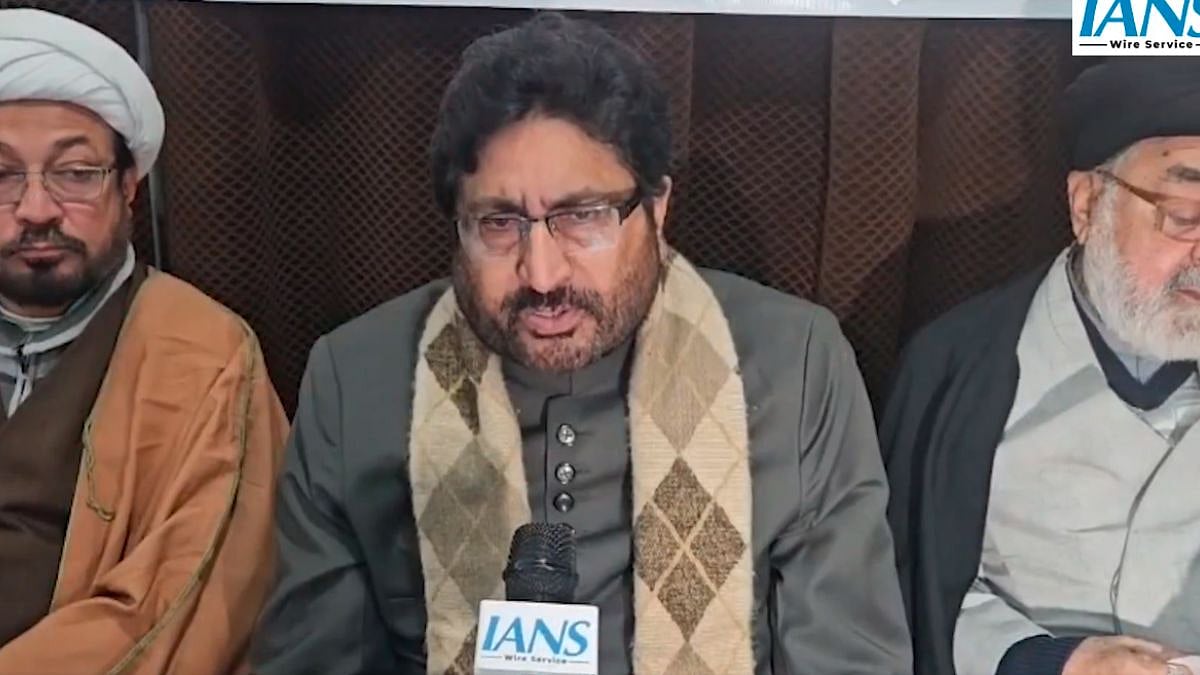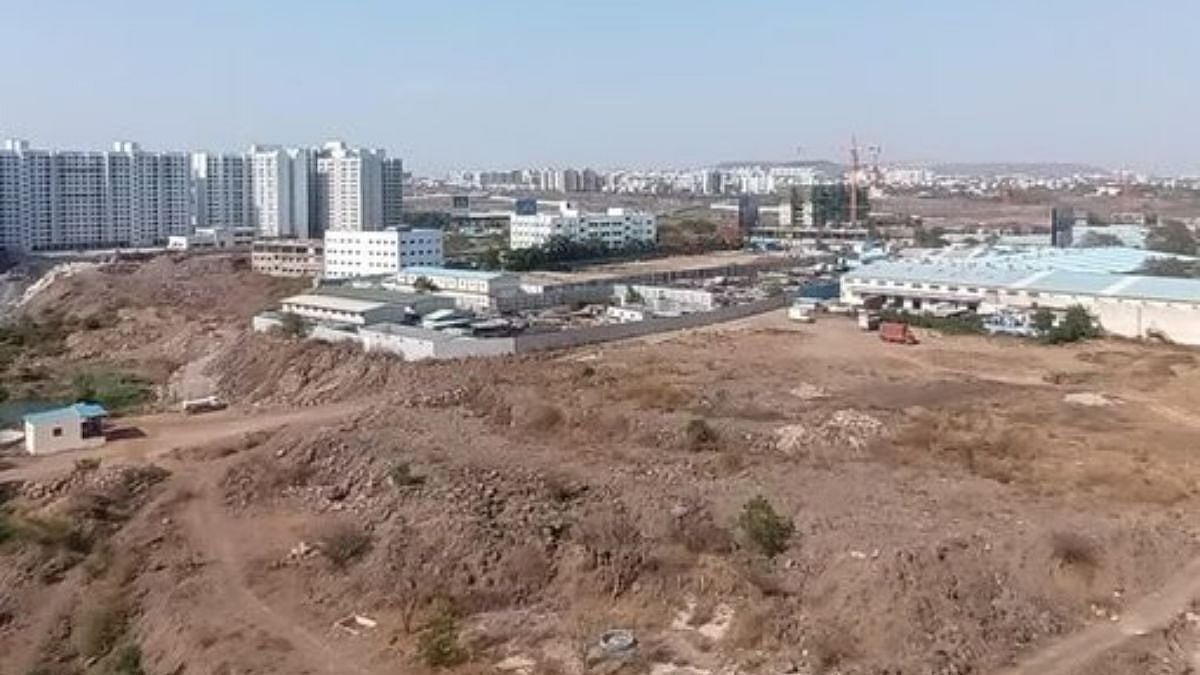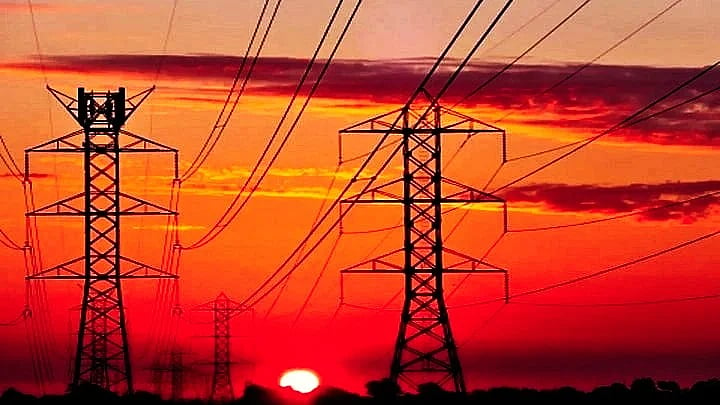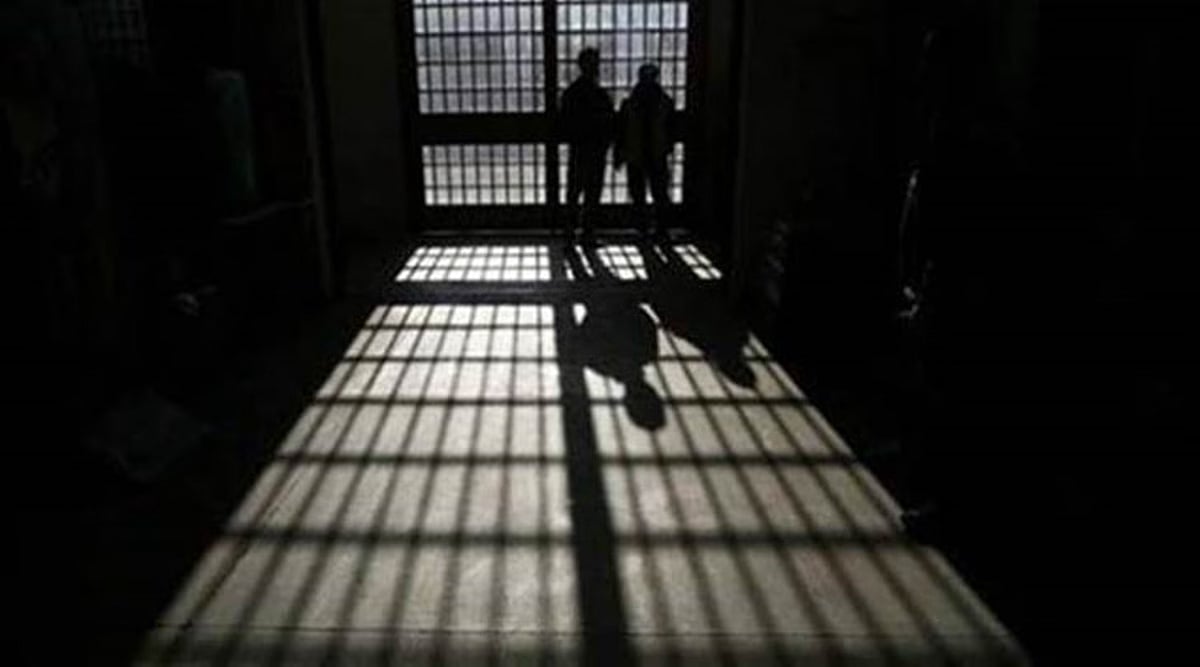Bhopal (Madhya Pradesh): After a gap of more than 50 years, Madhya Pradesh has initiated the process of drafting the gazetteers of its districts. The new gazetteers would be people-friendly and interactive and would focus on aspects other than administration and geography. The work has been assigned to the directorate of Swaraj Sanathan, department of culture.
It was the British who started the practice of publishing District Gazetteers, which were a comprehensive geographical, economic, social and cultural catalogue of the districts under their rule. The publication of the gazettes began in the late 19th century. After Independence, the government of free India continued the tradition.
Till the 1970s, the Madhya Pradesh Government had a separate Directorate of Gazetteers to handle the job. It was merged with the culture department in the early 1990s. The District Gazetteers currently available date back to the early 1970s and cover 35 districts of the then Madhya Pradesh, which included the present-day Chhattisgarh State.
Since then, neither the gazetteers were updated, nor new ones prepared. The old district gazetteers are based on the data from the 1971 Census of India. They contain no information about TV sets, mobile phones, Internet etc, which did not exist then. Deputy director of the Swaraj Sansthan, Prof SK Verma who is handling the project told Free Press that the task is gigantic and challenging and it would be a time-consuming process.
“Every piece of data has to come from official sources and has to be verified and re-verified,” he said, adding that the gazetteers will be published in both Hindi and English. Services of experts from fields like demography, geography, anthropology, science, history, archaeology and culture would be hired for the purpose.

Additional staff would be required. Verma said that the new gazetteers would be based on the Census 2025, which is to get underway shortly. They would be visually attractive and would cover the culture, legends, traditions and folklore of different districts, both tangible and intangible.
“We want to produce gazetteers which even a school student would find interesting,” he said, adding that “The documents would also be digitalised and upgraded periodically. The appointment of a Delimitation Commission by the State Government would not make any difference to them,” Verma added.

.png)
